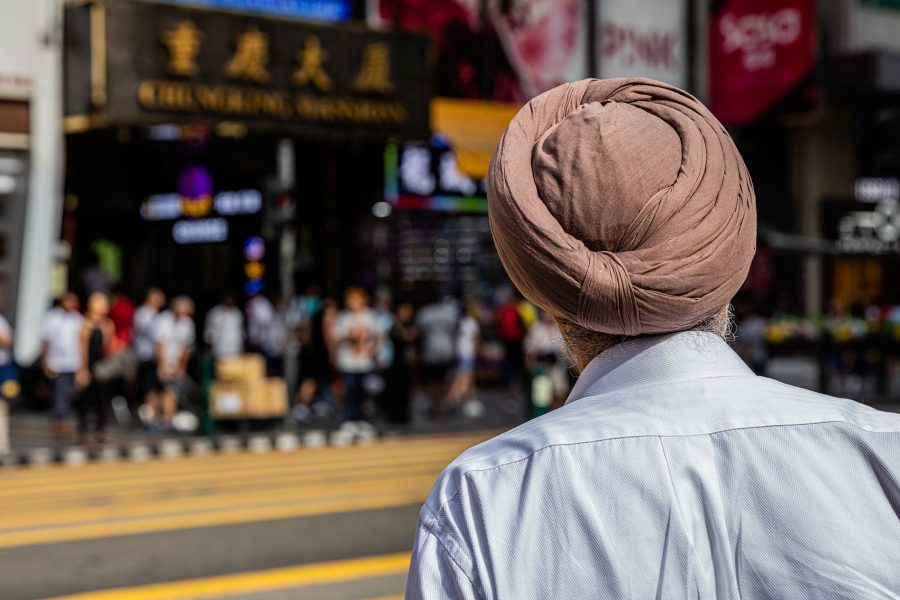What defines a Hongkonger? As an ethnic Indian living in the city, I’ve often asked myself that question over the years.
Most aren’t aware, but Indians played a significant role in the development of Hong Kong into a global financial capital. Names like Mody and Ruttonjee, alongside (at least partly) Indian-founded institutions such as HSBC, HKU, Star Ferry and The Peninsula have become major backbones of society.
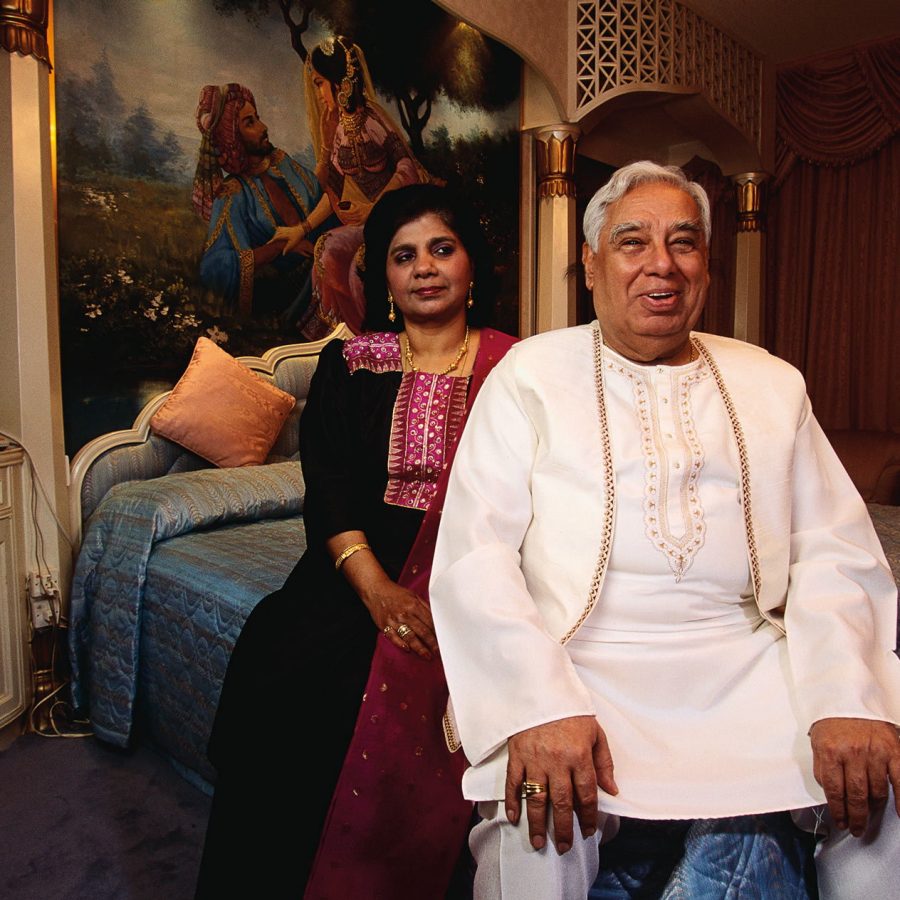
Hari and Padma Harilela
Credit: Getty Images
Today, South Asians number around 85,000 in Hong Kong according to government census statistics. That’s about 1 per cent of the total population and the third highest group of immigrants after the city’s Filipino and Indonesian domestic helper workforce. It’s a number not to be ignored, though many do.
My family first came to Hong Kong in the 1960s, during the ‘Indian gold rush’, when people like tycoon Hari Harilela built his empire. My grandfather found great success here as an importer, partly through dealings with Harilela. My father? Not so much – 1987’s ‘Black Monday’ wiped out his electronics shop in Chungking Mansions.
My early recollections of Hong Kong are the sights and sounds of this building, later immortalised as a den of iniquity in Wong Kar-wai’s Chungking Express. The smells of reheated samosas and stale spices sitting on dusty shop shelves, the cacophony of a dozen dialects all spoken at once, the calls of touts trying to entice you into semi-legal restaurants.
If there was ever a place where time stood still, it’s here in Chungking. It all feels much the same as it did when I was a kid. And if I don an old hoodie and don’t shave for a couple days, I easily blend in, seemingly fresh off the boat like any other.
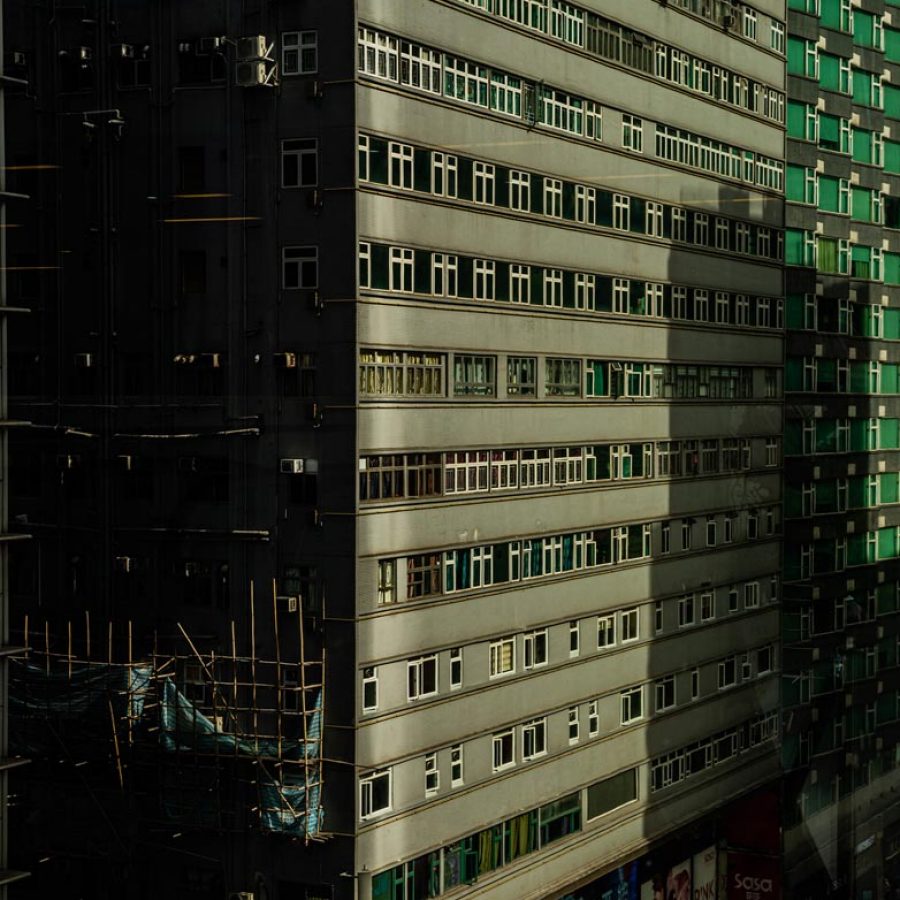
Credit: Moses Ng
But there’s the other side, too, the upper echelon of Indian society in Hong Kong, those who’ve been here since its early financial-glory days and carved out a distinct sub-culture. Third, fourth, fifth-generation, a bizarre blend of British educations and traditional Indian culture, living shielded lives in hilly suburbs and socialising only with each other. Each subsequent generation a little less aware of what it’s like ‘back home’.
But where is home? It’s certainly not India, with few of us having any intention of visiting, let alone going back. For many, it’s not Hong Kong either – choosing more Indian-friendly destinations like Singapore and Kuala Lumpur, where taxes are equally as low. Which leaves the rest of us, the ones who’ve embraced the city – warts, casual racism and all.
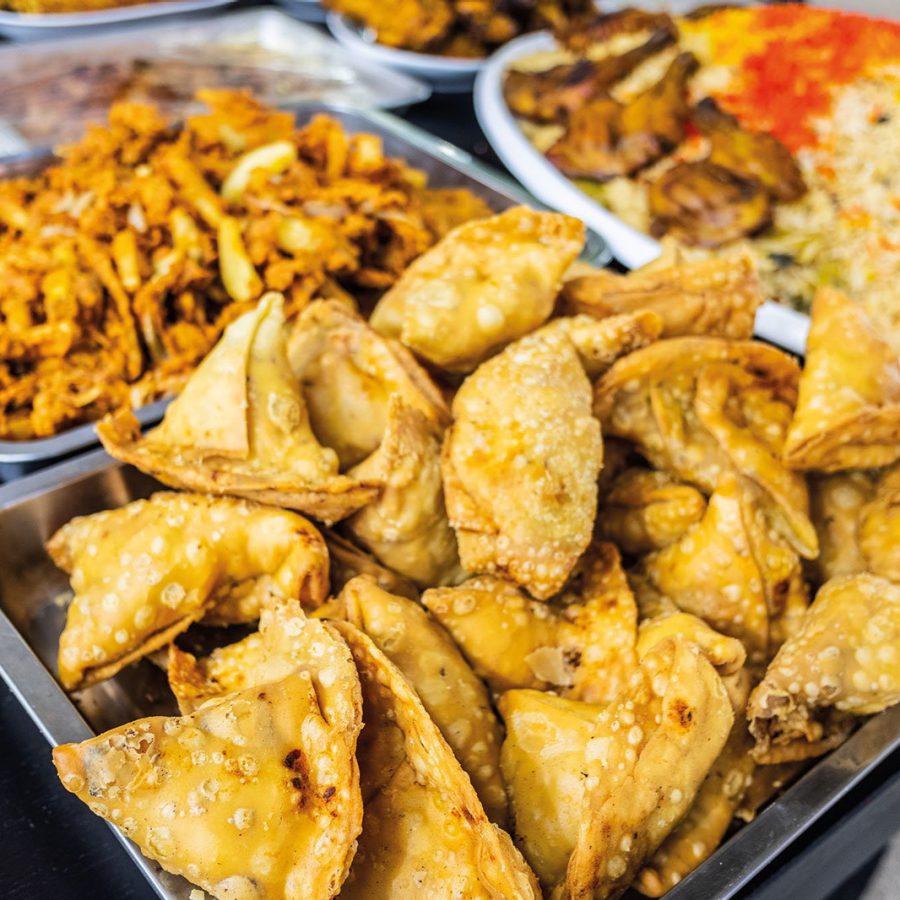
Credit: Moses Ng
I’m thankful that my own life and career in the city have been fairly fortunate, considering my background. But there’s always that feeling of discomfort and discontent as a self-defined ‘Hongkonger’ – even if it is just the petty annoyance of, ‘No, but where are you really from?’
I wasn’t born in Hong Kong, but I’ve spent most of my life here and I’ll always consider myself a Hongkonger. In a way, my experience mirrors that strangely adrift sensation my parents and grandparents felt: proud Indians despite culturally disparate surroundings.
Home is a mindset, between the rapidly changing present and the nostalgic, ever-fading past. Indians here might be forgotten – in the history books, lost in their building ghettos, hidden in their ivory towers – but socially, economically and, most importantly, culturally, we’re an essential part of the multicultural melting pot that is Hong Kong.
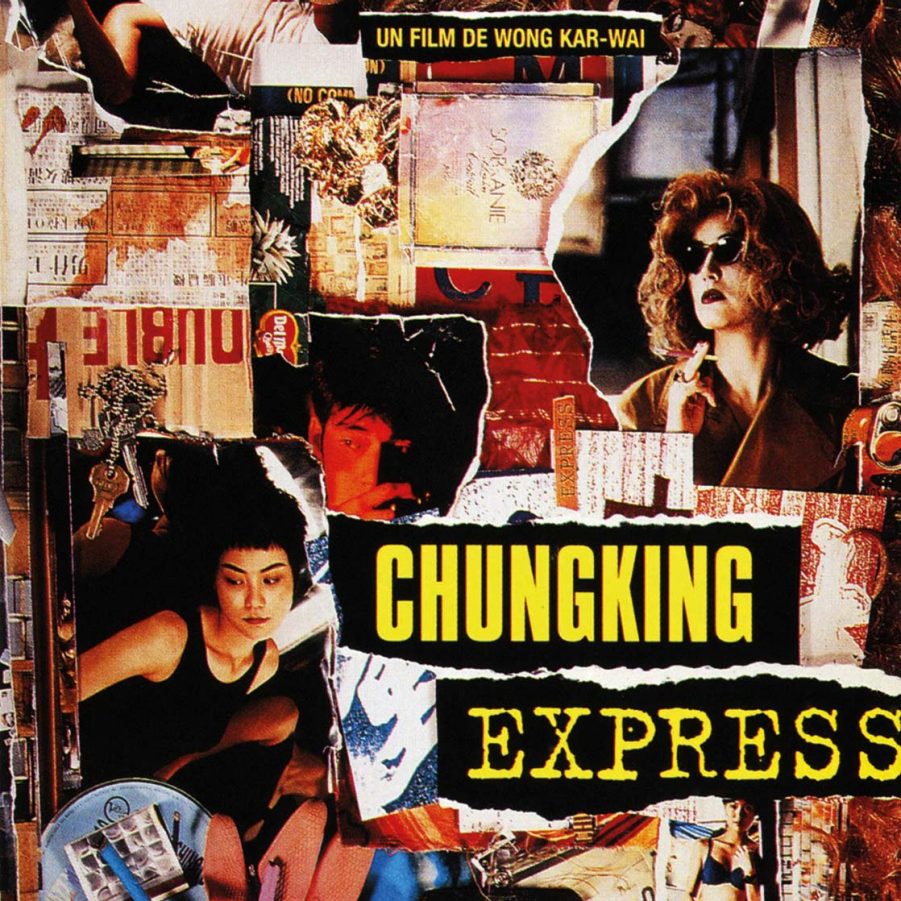
Credit: Alamy
More inspiration
Hong Kong travel information
- China – the Chinese Mainland, Hong Kong SAR, Macao SAR and Taiwan Region
- Hong Kong SAR - English
- Chinese Mainland (China) - English
- Taiwan, China - English
- 香港特別行政區 - 繁體中文
- 中国內地 - 简体中文
- 中國台灣 - 繁體中文
- Africa
- South Africa - English
- Asia
- Bangladesh - English
- Korea - English
- Singapore - English
- Cambodia - English
- 한국 - 한국어
- Sri Lanka - English
- India - English
- Malaysia - English
- Thailand - English
- Indonesia - English
- Maldives - English
- ประเทศไทย - ภาษาไทย
- Indonesia - Bahasa Indonesia
- Myanmar - English
- Vietnam - English
- Japan - English
- Nepal - English
- Việt Nam - tiếng Việt
- 日本 - 日本語
- Philippines - English
- Australasia
- Australia - English
- New Zealand - English
